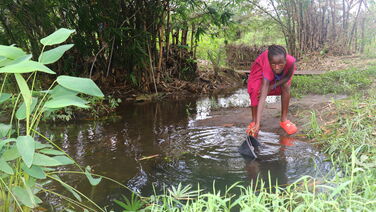
Daries Salaam COG Primary School
The Daries Salaam COG Primary School began with a single building housing 150 students in a single room to reduce the burden of school children walking long distances to school. The current building now has four classrooms and an office for staff and the headteacher. They currently have 159 girls and 170 boys attending.
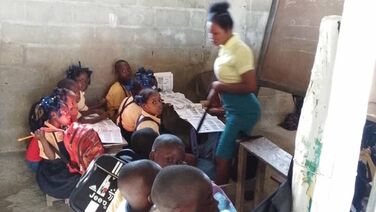
Ecole AEM
Located in the commune of Ouanaminthe, “Ecole AEM” has been serving the community for over ten years. The school currently educates 210 students from first to sixth grade, supported by a team of ten dedicated teachers. It plays an important role in providing access to quality primary education for children in the area.
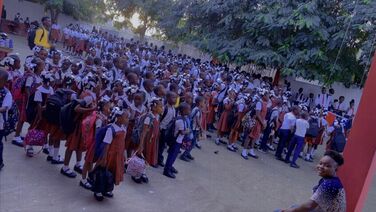
Ecole Centre de Formation et d’Application Jean Calvin
Founded in 1990, Ecole Centre de Formation et d’Application Jean Calvin School is located in Ouanaminthe, in the Northeast Department. The school serves students from first grade to NS3.
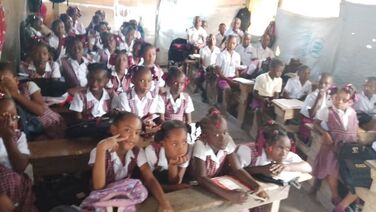
Ecole Mixte royal de maissade
Located in the commune of Maïssade, “Ecole Mixte Royal de Maïssade” welcomes students starting from kindergarten. With a committed teaching team, the institution promotes academic excellence, discipline, and civic responsibility among its students, shaping future leaders within the community.
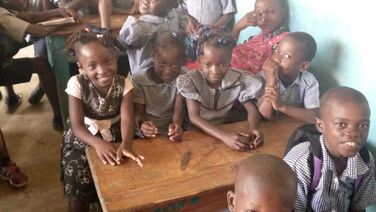
Ecole Nationale Centre Bourg
Founded in the early 2000s, École Nationale Centre Bourg is located in the commune of Carice. The school serves around 200 students and employs 12 teachers who work together to provide a supportive and structured learning environment adapted to the needs of the local community.
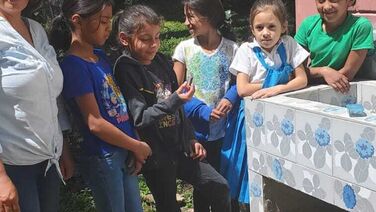
Francisco Morazán
Location: Las Tranquitas, Marcala, La Paz, HondurasBenefited Population: 48 students & 2 teachersFrancisco Morazán is located in Las Tranquitas within the municipality of Marcala and provides education for 48 primary school students.

Guano Kaskita Simon Bolivar
Surrounded by the mist of the mountainous climate, amid coffee plantations and small streams, is Simón Bolívar School, located in the community of Guano Kaskita. Here, 112 children study, and currently there are two teachers: one for kindergarten and another covering the entire primary school.Normally, there would be three teachers: one for kindergarten, another for first and second grade, and a third for third through sixth grade. However, because one teacher became seriously ill, the other had to take over all groups. This situation makes teaching more challenging, so the children must work twice as hard to pay attention and keep up with their lessons.According to the teachers, some students come from communities up to two hours away. “Those who live nearby walk 20 minutes; those farther away, up to two hours, to get to school,” they explain.
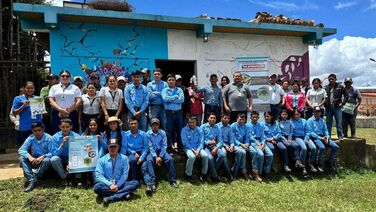
Instituto Cristina de Borbón
Location: Zacate Blanco, Yarula, La Paz, HondurasBenefited Population: 155 students & 7 teachersThis school is located in the rural municipality of Yarula and provides education for 155 high school students.
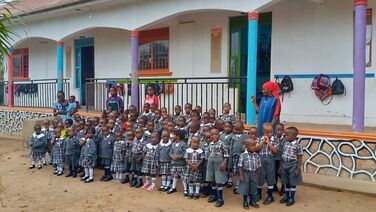
Jenna Junior School Kigoogwa
Serving 224 students in Uganda’s Muyenje community as a private day school for primary and nursery students, Jenna Junior School Kigoogwa currently relies on water from a protected dug well but continually finds its needs unmet.